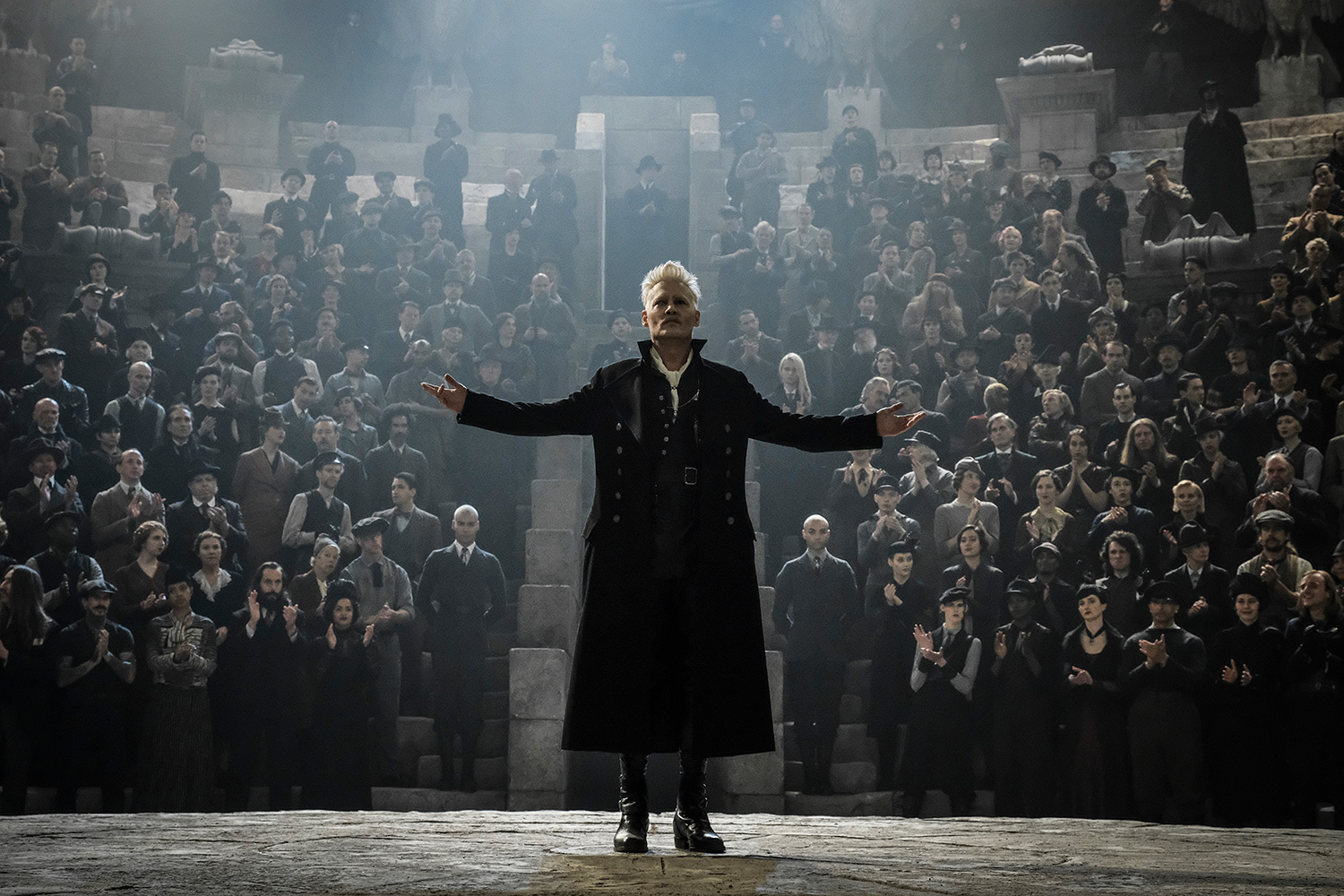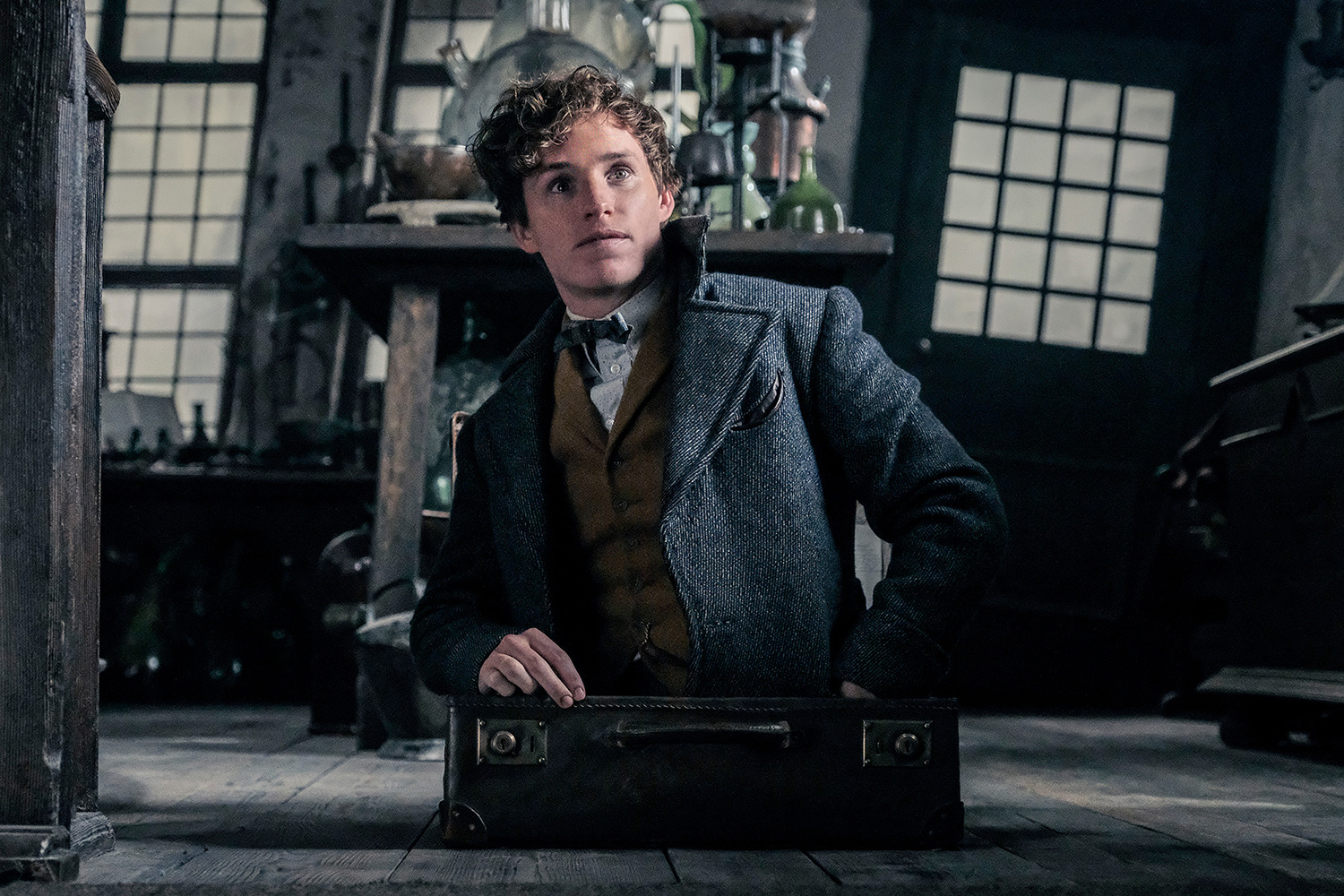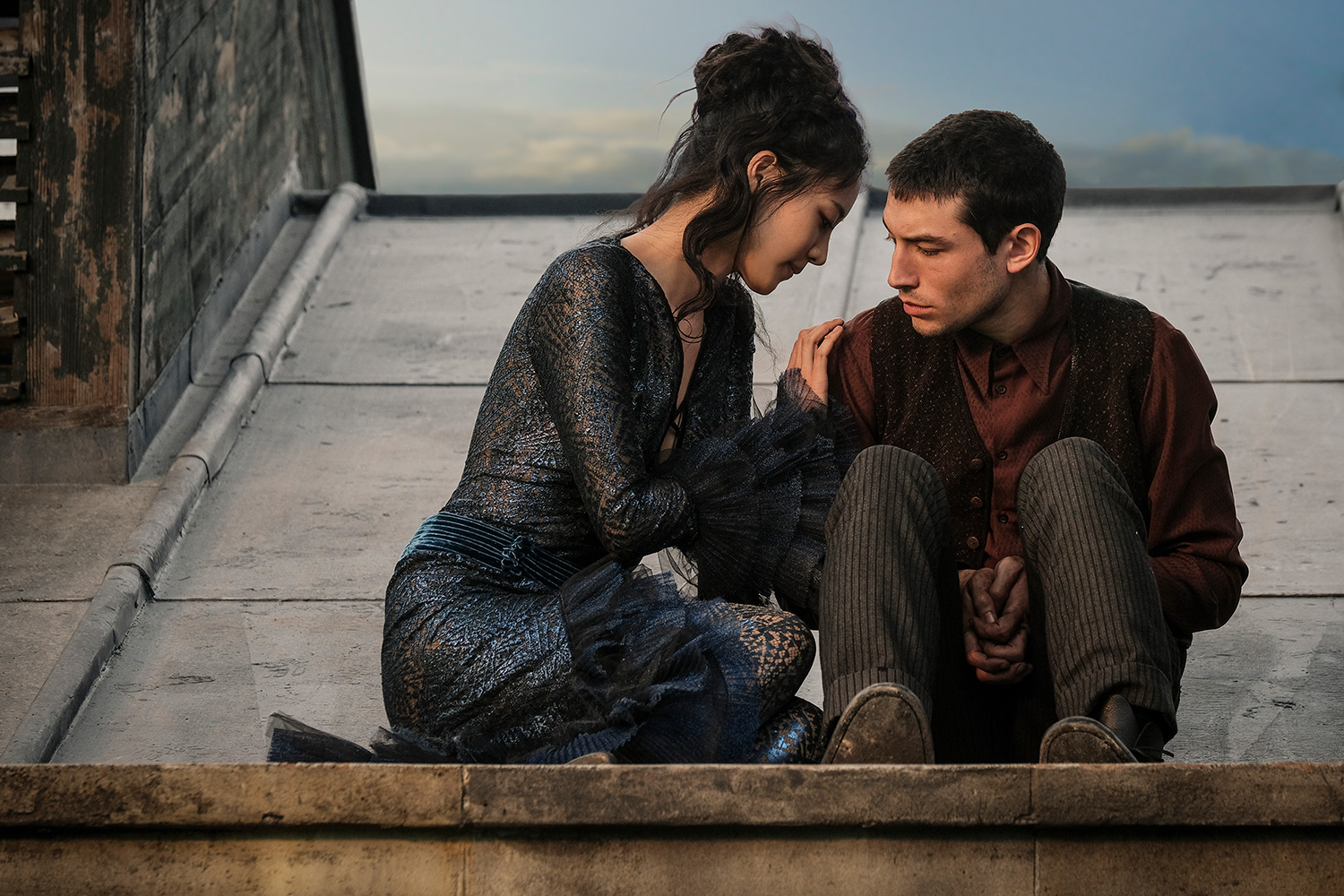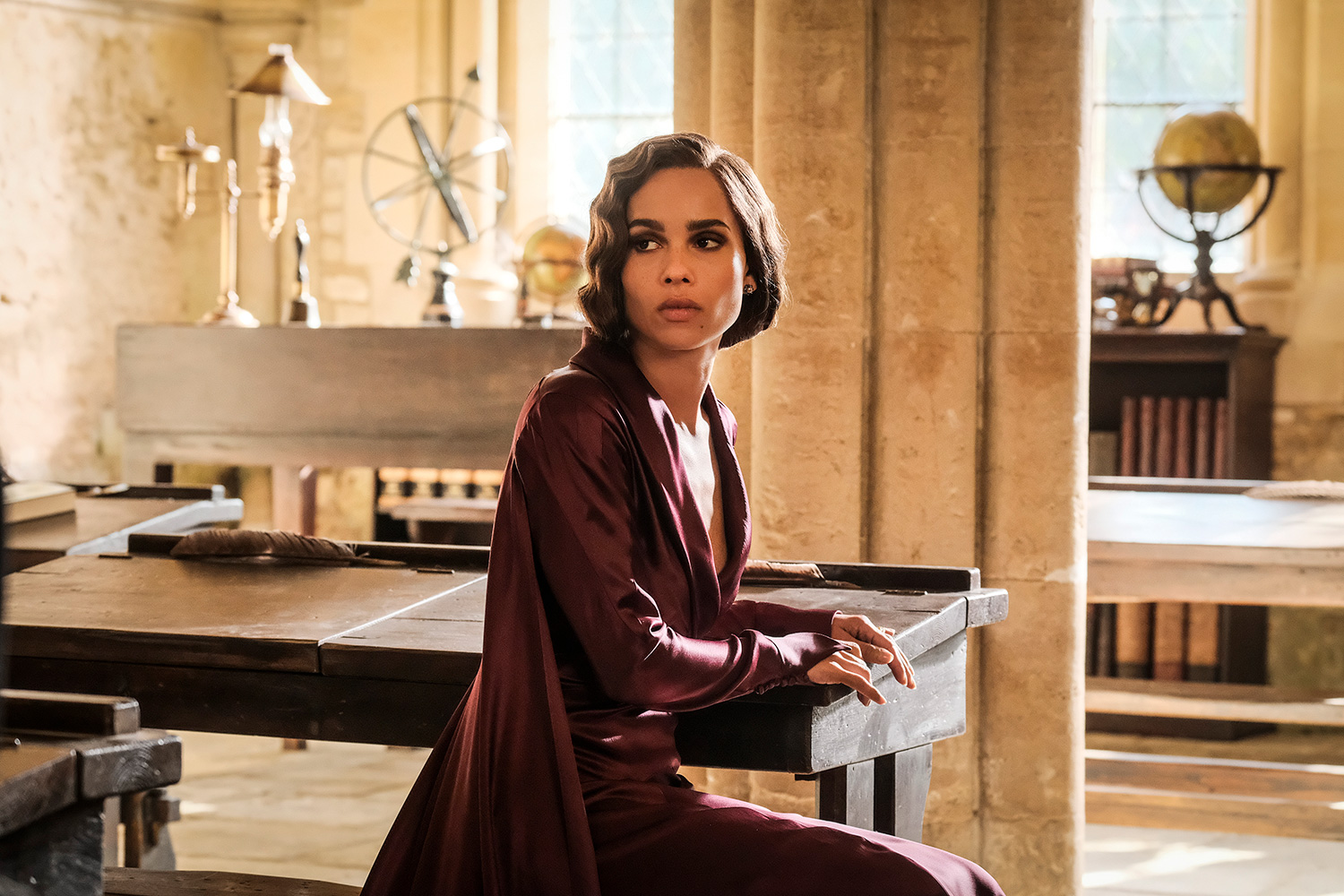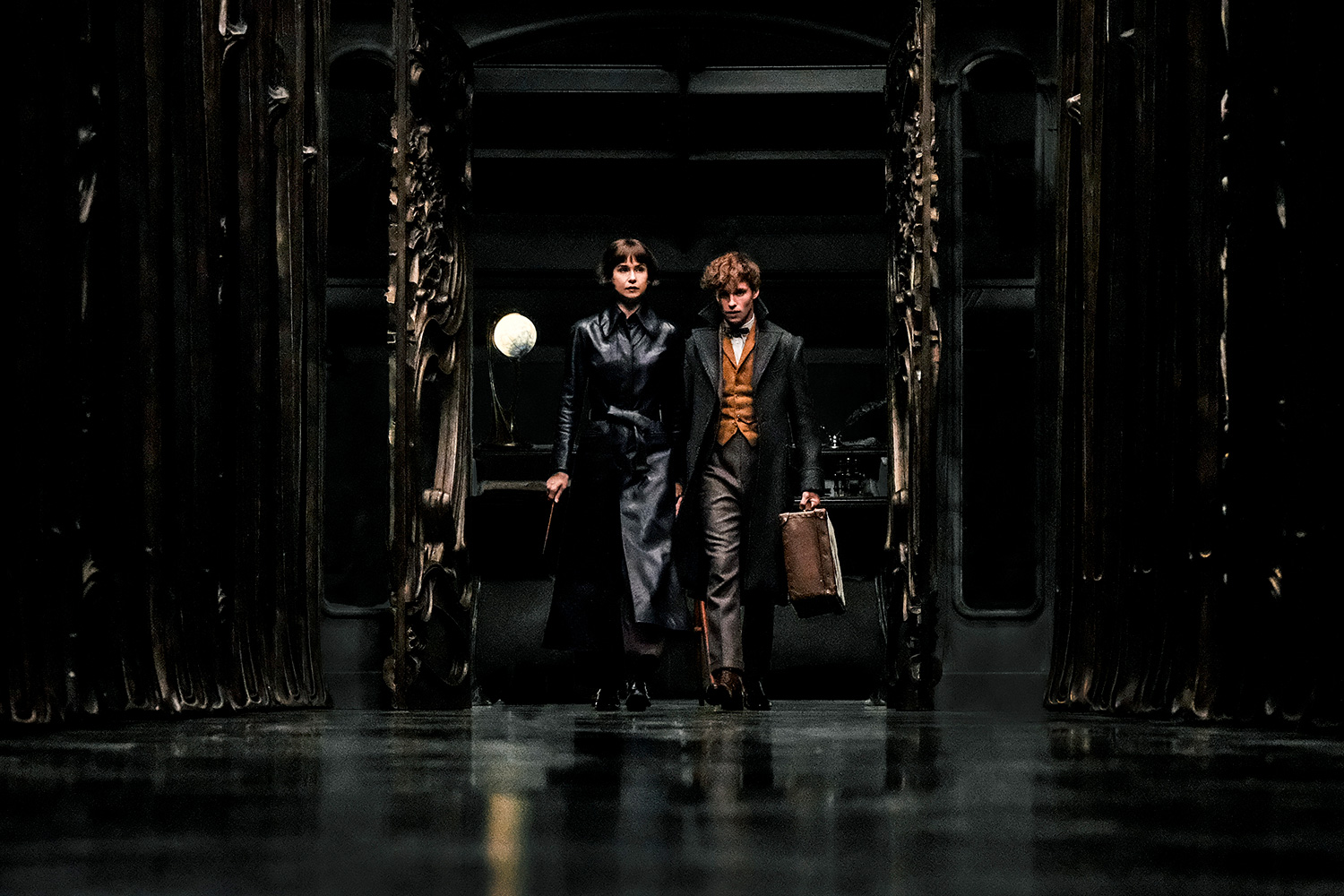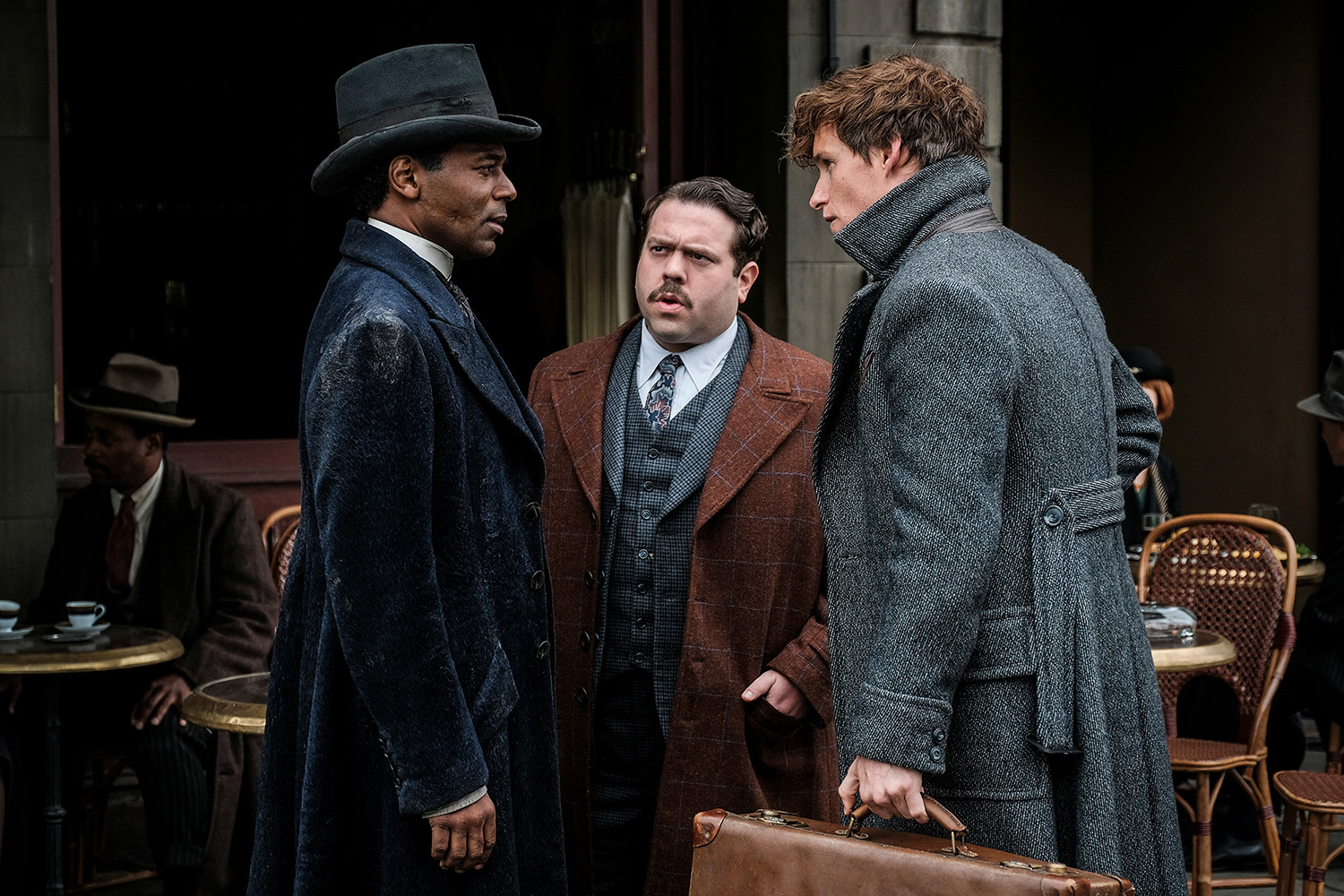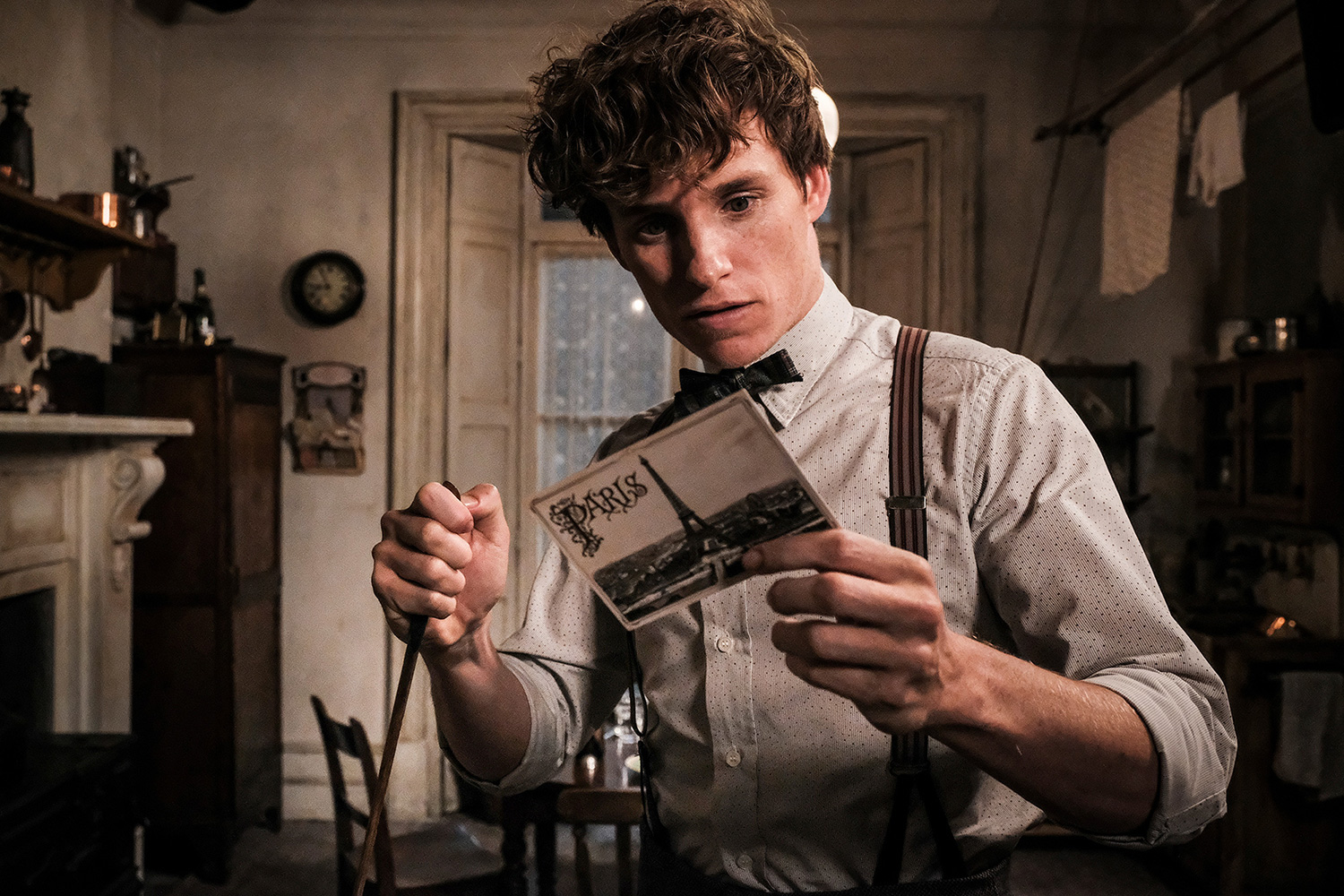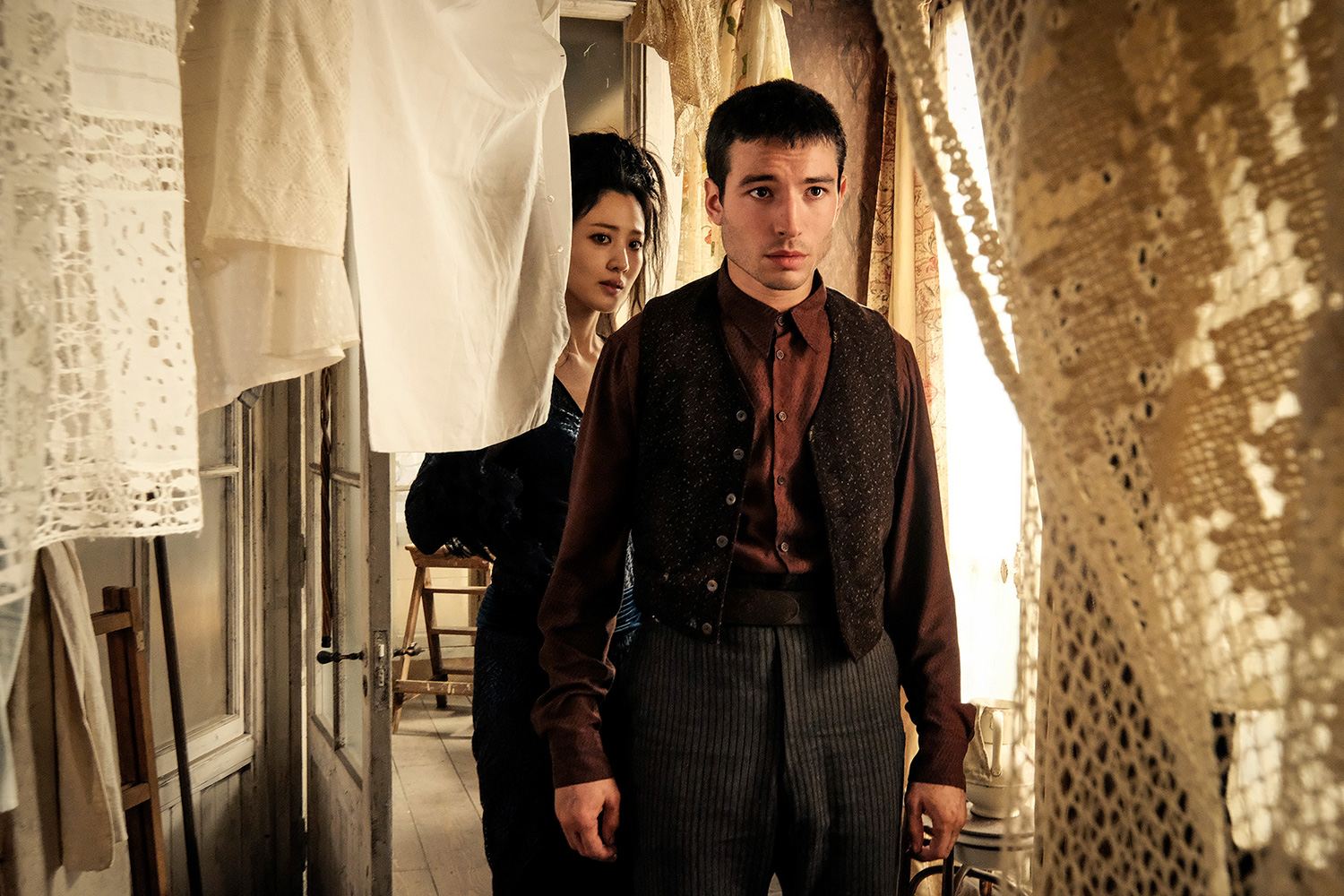Do you need to read the book a movie is based on in order to enjoy the film?
More than any information found in reviews or anything that occurs on the screen in Fantastic Beasts: The Crimes of Grindelwald, the answer to that question will likely provide the best indication of whether audiences will be satisfied with the latest chapter of the Harry Potter spinoff franchise. Scholars of the Harry Potter saga’s complicated mythology will find a lot to like about The Crimes of Grindelwald, while others might find the events of the film all too bewildering.
Recent Movie Reviews
Directed once again by David Yates, the filmmaker responsible for every installment of the franchise since 2007’s Harry Potter and the Order of the Phoenix, The Crimes of Grindelwald follows magizoologist Newt Scamander (Eddie Redmayne) as he’s drawn into a global conflict between those who want magic-users and the rest of the society to coexist and a growing faction that wants the former to rule over the latter. After the daring escape of powerful dark wizard Gellert Grindelwald (Johnny Depp) throws the world of magic into disarray, influential wizard and Hogwarts School professor Albus Dumbledore (Jude Law) recruits Scamander to track down Grindelwald and bring him to justice.
Much like its predecessor, 2016’s Fantastic Beasts and Where to Find Them, The Crimes of Grindelwald is a beautiful film, filled with vibrant colors, fantastic creature effects, and the sort of spectacle that makes the action explode off the screen. Yates has a knack for finding just the right balance between the extensive computer-generated elements in the film and his human actors, and creates a genuine sense of wonder around the magical creatures Scamander encounters in his journey.
As the series’ intrepid magizoologist, Redmayne appears to have settled into a comfortable level of awkwardness in his portrayal of Scamander, who prefers the company of extraordinary animals to humans — magically inclined or otherwise. The wandering wizard feels even more detached from the world around him in The Crimes of Grindelwald than he did in the 2016 film, with Redmayne going all-in on the more eccentric elements of the character and doing a nice job of selling Newt’s general sense of discomfort with human interaction.
Law’s younger, cheekier Dumbledore doesn’t quite hit the same high marks as the older versions.
As the series’ most prominent new additions, Jude Law and Johnny Depp are both fun to watch, each in their own ways.
Law’s younger, cheekier Dumbledore doesn’t quite hit the same high marks as the older versions of the character played by Richard Harris and Michael Gambon in the Harry Potter series, but his lack of screen time doesn’t afford him many scene-stealing opportunities. He does channel the sense of warmth established in earlier (or perhaps later, given the film’s prequel status in the Harry Potter timeline) portrayals of Dumbledore, and there’s a playfulness in his performance that echoes the more familiar portrayals of the character.
Depp, on the other hand, is in epic scene-chewing form as the pale-skinned Grindelwald, who gives the Pirates of the Caribbean actor a chance to take his quirky antics for a spin on the dark side. He’s always been at his best in roles that let him walk the fine line between cleverness and insanity, and portraying Grindelwald lets him teeter back and forth across that line at will. There’s little about his Grindelwald portrayal that we haven’t seen before in Depp roles, but those elements align well with the character.
Like Redmayne, returning cast members Katherine Waterston, Dan Fogler, Alison Sudol, and Ezra Miller all seem more comfortable in their roles in this second adventure, and more invested in the characters they introduced in Fantastic Beasts. Sudol in particular adds some welcome depth to her character, the bubbly, mind-reading witch Queenie Goldstein, who was one of the standouts in the first film despite limited screen time. Fogler and Miller, on the other hand, feel a bit shortchanged this time around, with dramatically less screen time and less interesting character arcs for both of their characters.
The Crimes of Grindelwald is steeped in the lore of Harry Potter’s saga.
While all of that is well and good, The Crimes of Grindelwald takes a big risk by diving into the deep end of the mythology of the Harry Potter universe quite a bit more than expected — and for audiences who might not be as familiar with the source material, probably more than they hoped.
The Crimes of Grindelwald is steeped in the lore of Harry Potter’s saga, introducing one character or magical object after another that references plot points in author J.K. Rowling’s wildly popular books and the movies adapted from them. Rowling penned the scripts for both Fantastic Beasts and The Crimes of Grindelwald, and after delivering an initial spinoff film that was surprisingly friendly to newcomers — even those who might have missed the Harry Potter movies — the sequel flips the script (pardon the pun) with an extremely dense, continuity-heavy story that demands more than a passing knowledge of the timeline to keep up with the events that unfold.

This reliance on a knowledge of the Harry Potter universe beyond what’s occurred on the screen makes for some problematic narrative leaps and seemingly unnecessary character arcs, as Rowlings’ story seems to assume the audience comes into the movie with knowledge of characters, concepts, and family trees that just weren’t imparted by the big-screen adaptations of the books. At times, The Crimes of Grindelwald feels like the sixth or seventh chapter of a story, not the second, and although that might not be an issue for fans of the Harry Potter universe who can fill in the narrative gaps from their own knowledge base, those gaps can easily trip up a more mainstream audience at best, and become bottomless pits for anyone even less familiar with the saga so far.
As with many of the middle installments of the Harry Potter movie series, The Crimes of Grindelwald is essentially a bridge story, as there’s little in the way of resolution at the end of the film. Anyone expecting another Fantastic Beasts that manages to be both a satisfying stand-alone adventure and an expanded look at the Harry Potter universe will find a lot of the latter, but little of the former. To say that it ends on a cliffhanger isn’t entirely accurate, as The Crimes of Grindelwald feels more akin to the end of one chapter in a novel, rather than the end of one novel in a series.
Opinions will certainly be mixed on The Crimes of Grindelwald, which is absolutely beautiful to look at and hits all the right marks for a big-screen, theatrical experience, but falls frustratingly short as a fully fleshed-out movie. What it lacks in accessibility for mainstream audiences and narrative cohesion, it certainly makes up for in spectacle.




